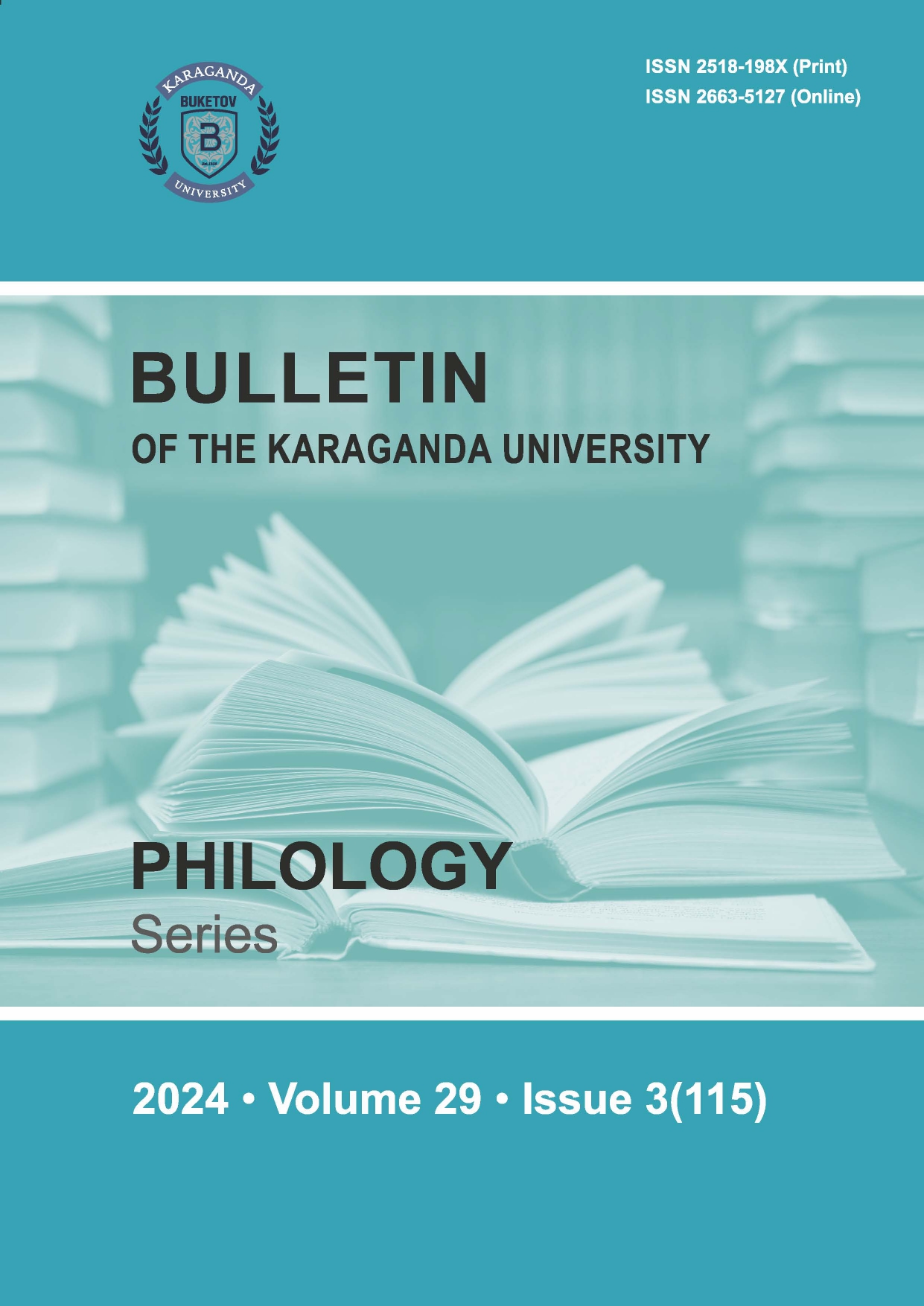Labor activity of Chechens and Ingush forcibly resettled to Kazakhstan in the 40s of the twentieth century (using the example of Central Kazakhstan)
DOI:
https://doi.org/10.31489/2024hph3/110-117Keywords:
Kazakhstan, North Caucasus, forced resettlement, special settlers, Chechens, Ingush, adaptation, legal status, labour, minesAbstract
In the article the labour activities of Chechen and Ingush special settlers who were forcibly resettled in Ka-zakhstan in the 1940s was examined, using the example of enterprises in Central Kazakhstan. Based on nor-mative documents and archival data from Karaganda and Zhezkazgan, the study analyses the resettlement andemployment of deported Chechens and Ingush and their integration into vital industrial enterprises in CentralKazakhstan. The study uses documents confirming the selfless labour of the special resettlers from the NorthCaucasus despite the difficult situation in their lives. One of the main aspects of the article is the study of thecontribution of Chechens and Ingush to the development of industry in the Central Kazakhstan region. Manyof them, along with other deported peoples of the Soviet Union, was at the origin of the opening of new pro-duction facilities at various metallurgical and mining enterprises in Karaganda, Zhezkazgan and Balkhash.The history of Chechens and Ingush in Kazakhstan during this period serves as a reminder of the difficultiesfaced by the forcibly displaced peoples of the USSR, including problems with housing, employment, andmedical care. Analyses of documents regulating the rights and obligations of special resettlers show that thelegally enshrined rights were not only respected but were overwhelmingly ignored by the leadership of thecountry, republic, and local authorities. The reconstruction of the history of deportation and labour activity ofChechens and Ingush in the Central Kazakhstan region will reduce the gaps in the study of the modern historyof Kazakhstan.




